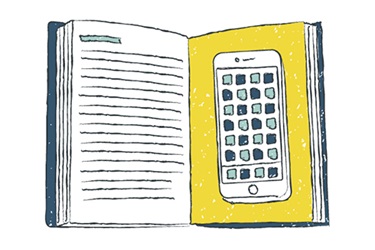Adventure Time: Stretch Perception Of Time With New Experiences
The surprise of new experiences can make your cherished weekend or vacation feel a little bit longer.
.jpg)
Have you ever lamented, on Sunday nights, where your weekend went? If so, you may be repeating what you do on weekends too often. It turns out that one way to “stretch time” is to have new experiences. Our senses become heightened in order to process new things, and our brain is tricked into perceiving time as passing more slowly.
In a 2013 study, Belgian researchers found that visitors to an annual funfair would overestimate the time they spent on rides that thrilled them more. Being excited made them more alert and better able to retain memories of those rides.
On the flip side, time spent on routine tasks seems shorter in retrospect because the mind goes on autopilot and retains fewer memories. David Eagleman, a neuroscience professor at Baylor College of Medicine, explains in The New Yorker: “The more familiar the world becomes, the less information your brain writes down, and the more quickly time seems to pass.”
Our perception of time changes with the amount of information we need to process — more information requires more time. That is also why we feel that the days pass more quickly now than in our younger years, when we had more first encounters and fresh experiences, says Eagleman.

If you’re not able to do new things more often, another trick is to notice more by really paying attention. Research suggests that activities that stimulate “mindfulness”, or require you to give your full attention, creates a feeling that time passes more slowly.
British journalist Claudia Hammond, in her book Time Warped: Unlocking the Mysteries of Time Perception, writes that beyond attentiveness, our expectations, emotional state and health can also affect our experience of time. Fear, for example, can make an event seem longer than it really is. But importantly, we do have some control over how we perceive time.
So to avoid the sense that time is flying by, shake things up. Hammond recommends developing an “energetic timetable”, to have as many unfamiliar experiences in our days as possible: Plan outings for both Saturday and Sunday, take different routes to work, chat with strangers or learn new skills.
But be sure not to pack in so much excitement that you get no rest. Aim also to clear some of your errands daily so that they don’t pile up at the end of the week, so you can spend more time having different weekends in the year.
- POSTED ON
Jul 7, 2016
- TEXT BY
Chia Soong Ming
- ILLUSTRATION BY
Brenda Lim
-
Out of Office
Public Service In a Dish









